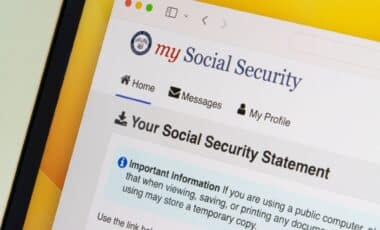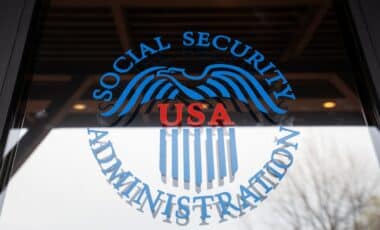The Department for Work and Pensions (DWP) has provided clarifications on whether investigators can reach out to claimants’ neighbours if a claim of benefit fraud is made against them.
In addition, the Freedom of Information (FOI) sought information on whether a neighbour recording video surveillance as part of a benefits’ investigation was legal.
DWP Report Highlights Increase in Benefit Fraud Concerns
The DWP grants State Pension and welfare benefits to approximately 22.7 million people all over the nation. Recent figures, featured in the 2024 Fraud and Error in the Benefit System report, highlight that the total benefit overpayment over the previous year was £9.7 billion (3.7%), a considerable increase on the £8.3bn figure reported for 2023.
The prevalent form of benefit fraud is when people receive unemployment benefits while working. Another involves claimants who declare living alone, but are actually financially supported by their partner or spouse.
Neglecting to report a ‘change of circumstances’ to the DWP — for example, that your partner has now moved in with you, or that you have relocated, or that you have inherited some money from a deceased relative may also be considered as ‘fraud by omission’.
DWP Clarifies Approach to Neighbours in Benefit Fraud Investigations
Even though the DWP agents have many powers, the FOI release explains that contacting the neighbour of a claimant will depend on the circumstances of each case.
It goes on to say: “During a DWP investigation, we would not routinely seek information from a neighbour. There may be exceptional circumstances where they may provide a witness statement, as investigators are required by law to pursue all reasonable lines of enquiry, whether these point towards or away from a suspect.”
The DWP further explains that the purpose of a criminal investigation is to collect evidence which will be used to prove or disprove that a fraudulent act was committed against the state and/or local authority to identify who’s responsible for the offence.
Regarding whether a neighbour would be asked to conduct a video surveillance on a suspected claimant, DWP said “this would not happen”.
It clarified: “DWP carry out their own surveillance following strict guidelines laid down within the Regulation of Investigatory Powers Act 2000.”
What to Expect During a DWP Investigation?
Prior to any formal investigation against you, the DWP will notify you either through a letter, telephone call, or email.
After getting a notification, you will also be informed whether a visit from a Fraud Investigation Officer (FIO) will be conducted, or whether you’ll be required to attend an interview.
During the first stages of an investigation, you may not be notified that one is in progress until the DWP has determined if there is a valuable reason to formally investigate a suspected fraud.
Since many reports often turn out to be false, the DWP aims to avoid wasting their time on pointless investigations. As soon as enough evidence of potential fraud is gathered, the DWP will initiate an official investigation and inform you.
DWP investigators are authorized to collect various types of evidence against potential fraudulent claimants.
Most common types of evidence
- Surveillance findings.
- Photos or videos
- Audio recordings
- Financial information, including bank statements
- Interviews with you or people you know
- Any proof submitted by whoever reported you
A typical form of benefit fraud includes falsely reporting income, or failing to report it altogether. If you are receiving unemployment benefits but are seen attending a workplace, the DWP may talk to your manager in order to find out why you are there, what position do you occupy and how much you are earning.
Inspectors may also verify your social media accounts and look through your online profiles for pictures, location updates, and any other proof which may be useful to them.









